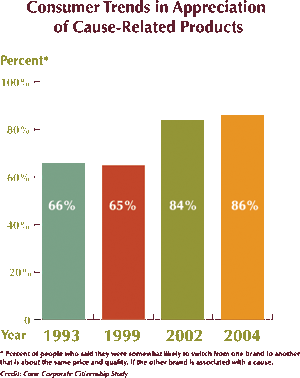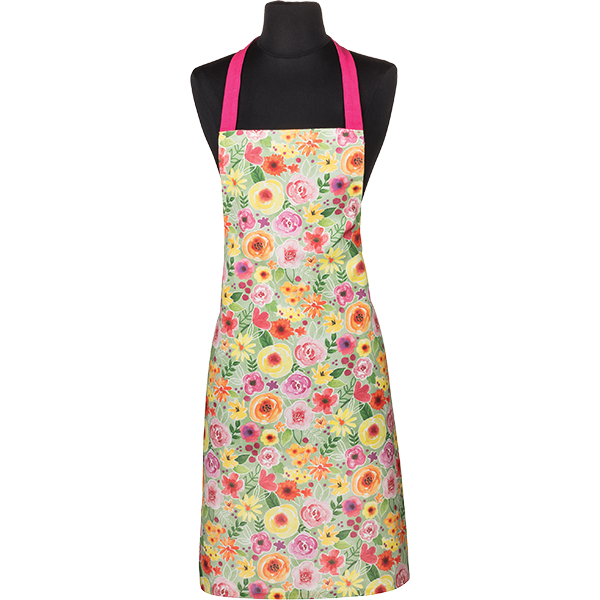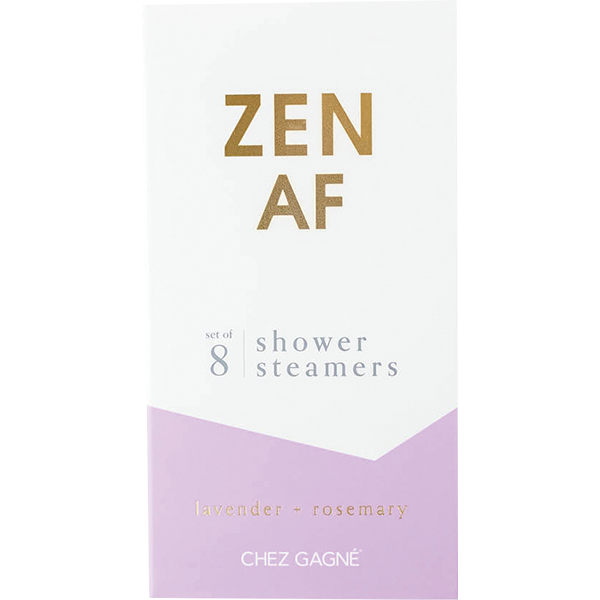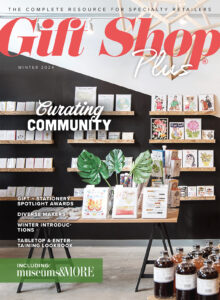Cause and Effect
Article Resources
Cause Marketing Forum
866.205.8480
CauseMarketingForum.com
Charity Brands Marketing
212.497.7270
JamiCharity.com
Cone Inc.
617.227.2111
ConeInc.com
Harper Greer
800.578.4066
HarperGreer.com
Lonelyville Coffee
718.854.4279
LonelyvilleCoffee.com
Tails in the City
312.649.0347
TailsintheCity.com
Marketing for a Cause
As a small business owner, it’s almost certain that you’re frequently asked to donate money to local charities, to sponsor neighborhood Little League teams and to supply products for school or church auctions. Making these gestures is commendable. But what if there was a way to engage your customers to help with your philanthropic efforts? You’d surely make a greater impact in your community and, possibly, the world.
Why not try a cause-related marketing program?
American Express coined the term CRM when it launched a renowned program in 1983. Each time a cardholder charged an item, the company donated a penny toward restoring the Statue of Liberty. American Express raised millions of dollars, generated goodwill among cardholders and increased its revenue. The Statue of Liberty-Ellis Island Foundation received the money it needed to repair the sadly decaying Lady Liberty, and consumers happily supported a worthy cause.
CRM has been growing in popularity among businesses, charities and consumers ever since. Instead of simply writing checks, people are proud to purchase products and openly display their support for a variety of causes. Yellow Live Strong bracelets sold by Nike and Discover Stores have raised $50 million so far for the Lance Armstrong Foundation, a charitable organization founded by the famous cyclist that funds programs providing services to cancer patients. The bracelets quickly became a fashion statement. Hundreds of other products—including ribbon lapel pins, jewelry, candles and car magnets—in a rainbow of colors and styles support causes such as AIDS awareness, cancer research and the fight against childhood diseases.
There’s been a dramatic increase in consumer expectations of companies’ social roles, according to results from the Cone Corporate Citizenship Study, conducted by the Boston-based communications agency. More Americans than ever before make purchasing decisions to reward companies that support community needs, the study found.
In the wake of the Sept. 11 terrorist attacks, and natural disasters such as Hurricane Katrina and the 2004 Indian Ocean tsunami, corporations are eager to help worthwhile causes. Donating a portion of sales of a single item or a product line is a great way to help.
Businesses nationwide spend about $1 billion sponsoring nonprofit causes each year, 10 times more than they spent a decade ago, according to the IEG Report, a Chicago-based marketing industry newsletter. Business and nonprofit leaders agree that CRM is a winning arrangement for all involved. Charities receive much-needed support. Businesses increase customer loyalty, differentiate themselves from their competitors, cultivate employee pride and often boost sales.
Offer products that include a charitable tie-in
Starting a CRM program doesn’t have to be complicated or time-consuming. Sara Nahas, co-owner of Brooklyn, NY-based Lonelyville Coffee, has a simple approach. The staff prepares small bags of popcorn, and customers buy the bags for 25 cents and take them to a park across the street to feed the ducks. Lonelyville donates a portion of the sales of the “duck food” and its old-fashioned candies to the local Animal Haven Shelter. Lonelyville donates about $100 each month to the animal shelter.
If you want to carry some products that feature charitable tie-ins, and that customers really feel good about buying, the easiest place to start is with your local sales representatives, says Stephen Adler, chief executive officer of Charity Brands Marketing in New York and author of Cause for Concern: Results-Oriented Cause Marketing. You’ll probably be surprised by the number of products with do-good components that would be suitable for your store. “An increasing number of national companies—like Gund, Ty, Precious Moments and others—are all becoming socially conscious and are starting cause-related marketing programs with a vast array of nonprofit organizations,” Adler says. For example, Precious Moments offers a special figurine and companion cloisonne pin. A percentage of the sales proceeds from these products goes to Y-Me, a program that supports breast cancer survivors and their loved ones.
These companies frequently offer support to the retailers by supplying point-of-sale displays and counter cards to help build enthusiasm and interest among shoppers. Many of the programs are timely and tie into commemorative observances such as Teacher Appreciation Week, Grandparents’ Day, Black History Month or Breast Cancer Awareness Month. Do consumers really care about these products? You bet they do. In fact, according to the 2005 Cone Holiday Trend Tracker Report, more than half of Americans surveyed last year intended to buy a holiday gift that supported a charitable cause, or to purchase from a retailer who supports a cause. The 2004 Cone Corporate Citizenship Study showed that 86 percent of Americans surveyed that year said they were very or somewhat likely to switch from one brand to another that is about the same price and quality, if the other brand is associated with a cause. The report also found that 80 percent of Americans surveyed could name a company that stands out in their mind as a strong corporate citizen.
Reach out to local organizations in need
 Most of the manufacturer-based programs benefit national nonprofit organizations. But local retailers also have wonderful opportunities to bond with their customers and encourage loyalty by supporting charities in their own neighborhoods, says David Hessekiel, president of the Cause Marketing Forum in New York.
Most of the manufacturer-based programs benefit national nonprofit organizations. But local retailers also have wonderful opportunities to bond with their customers and encourage loyalty by supporting charities in their own neighborhoods, says David Hessekiel, president of the Cause Marketing Forum in New York.
Want to start a cause-related marketing program, but not sure where to begin? Simply pick up the phone and reach out to local schools, churches, museums and nonprofits, says Adler. These organizations need all the help they can get, Adler says, and most would be extremely receptive to your desire to support them. Many have worked with businesses in the past, and may provide promotional materials and helpful manuals to help businesses raise money. They will gladly help retailers with special events, such as product-launch parties, artist meet-and-greets, holiday open houses and auctions. Vendors’ sales representatives are often happy to cheer your fundraising efforts and share information about their charitable cause with your customers.
Terry Kiskaddon, owner of Harper Greer, a plus-size clothing boutique in San Francisco, finds great benefits in supporting local nonprofits. She sends emails and postcards inviting customers to bring gently used clothing into her store for an annual, month-long clothing drive. In return, each person receives a 10 percent store discount for each donated item. Enthusiastic customers bring in thousands of garments, pairs of shoes, scarves and accessories. Kiskaddon passes the donations along to Wardrobe for Opportunity, a nonprofit organization that provides free professional clothing, image enhancement and career support to low-income job seekers in the Bay Area.
Spreading goodwill and helping charity is the main goal of Kiskaddon’s drive. The program is also a good promotional tool and builds loyalty among customers, she says. Many retailers like Kiskaddon also find that employees are proud and enthusiastic about the promotion. “They really enjoy the program, even though it’s more work,” she says.
Find a cause with a natural fit
Much of Kiskaddon’s success can be attributed to following a golden rule of cause-related marketing: Support a cause that’s a logical fit for your business. If the program resonates with your customers, you’re on the road to success.
When Bruce Haas and Phillip Emigh opened Tails in the City, an upscale pet product boutique in Chicago, they wanted to be community-minded and to support animal-related charities whenever possible. Apparently, their commitment reflects well with their customers. The pair have hosted numerous events since they opened their store two years ago. Fundraising events have included a Halloween pet parade and costume contest, and a Yappy Hour held on Jan. 14—National Dress Up Your Pet Day. Most recently, they hosted a party at a nightclub, complete with a pet psychic, a cartoonist and local celebrities who judged a canine fashion show. More than 250 enthusiastic supporters bought tickets for the event, which raised more than $2,000 for the Anti-Cruelty Society, one of the largest humane societies in the United States. “Each event has gotten bigger, better and more well-received by the community,” Haas says.
Cross promotion is a key to success
Haas and Emigh attribute much of their success to their own promotions, and those conducted by their nonprofit partners. Haas has found that “most nonprofits are willing to bend over backwards to help you.” Last year, the store promoted a trunk show—a weekend event promoting pet furnishings from premier designer SoSadie—by sending emails to customers, and with community posters and fliers. In the meantime, the group Pets Are Worth Saving, a nonprofit that works to humanely alleviate the city’s pet overpopulation, drummed up interest in the weekend event by notifying its members. During the weekend, the storeowners raffled a limited-edition bed, donated 20 percent of the revenue to PAWS and generated record-breaking in-store sales.
Forming a CRM program has been a win-win for Tails in the City. It has helped the business differentiate itself from other pet-product retailers, attract new customers, enlighten people about charitable causes, generate media publicity and boost sales, says Haas. Most important, for Haas, is that “it’s helped support a worthy cause and shown our neighborhood that we are committed to our community.”






















